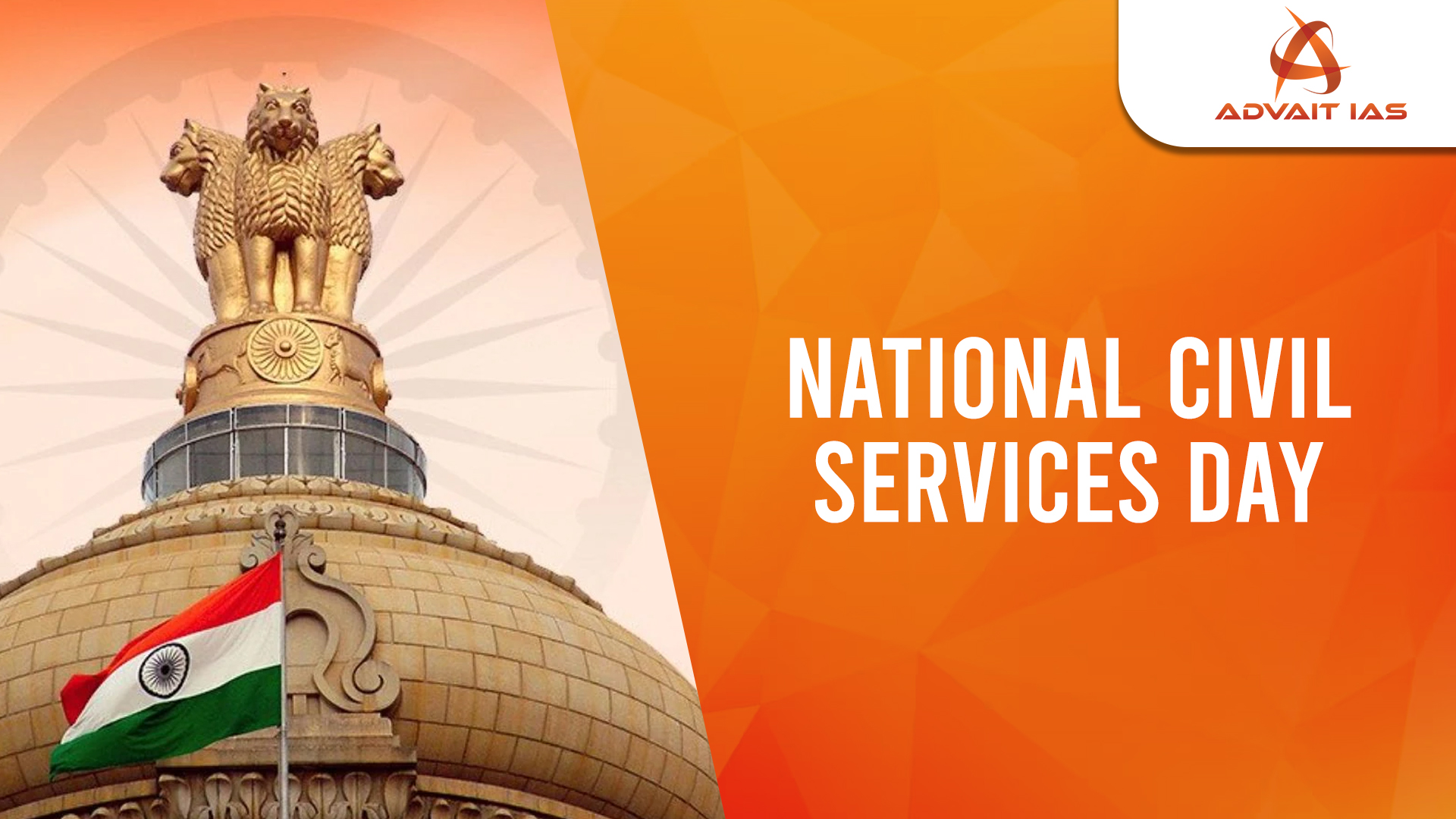Skip to content
- 18th National Civil Services Day celebrated on 21st April 2025.
- Commemorates Sardar Vallabhbhai Patel’s address in 1947 at Metcalf House, Delhi.
- Referred to civil servants as the “steel frame of India“.
- First celebration: 21st April 2006 at Vigyan Bhawan, New Delhi.
- Organised annually by DARPG and Ministry of Personnel, Public Grievances, and Pensions.
- Objectives:
- Motivate civil servants to rededicate to public service.
- Evaluate departmental performance.
- PM felicitates best-performing officers/teams.
Historical Evolution of Civil Services in India
Ancient India – Mauryan Empire
- Described in Kautilya’s Arthashastra:
- Key roles: Swamin (king), Amatya (officials), Janapada, Durga, Kosa, Danda, Mitra.
- Bureaucracy divided into Mantris (advisors) and Amatyas (administrators).
- Merit-based recruitment for efficiency in vast empire.
Medieval India – Mughal Empire
- Mansabdari system by Akbar (1571).
- Integrated civil & military administration.
- Officials ranked by competence and responsibility.
British Period
- Term “Civil Service” originated under East India Company.
- Warren Hastings laid foundation; Charles Cornwallis known as “Father of Indian Civil Services”.
- Macaulay’s Report (1835) introduced merit-based recruitment.
- Civil Service Commission setup in London (1854); exams from 1855.
- First Indian to qualify: Satyendranath Tagore (1864).
- Civil Services Exams started in India in 1922 (Allahabad, later Delhi).
- Formation of Federal Public Service Commission.
Post-Independence
- UPSC formed under Article 378(1) of Constitution (1950).
- Role in:
- Implementing Five-Year Plans, economic policy, and Nehruvian socialism.
- Ensuring national integration and development.
- Shift from commanding heights to liberalization era.
- Adaptation needed due to public expectations, decentralization, and tech advances.
Role of Civil Services in Nation-Building
- Backbone of national administrative machinery.
- Functions:
- Implement government policies and public service delivery.
- Ensure law and order, disaster management, and crisis response.
- Connect government with people; ensure welfare schemes reach beneficiaries.
- Uphold values of integrity, impartiality, and accountability.
- Crucial for social, economic, and political development.
error: Content is protected !!






